Human Rights are those irreducible minima, which belong to every member of the human race when pitted against the state or other public authorities or groups and gangs and other oppressive communities. Being a member of the human family he/she has the right to be treated as human once he/she takes birth or is alive in the womb with a potential title personhood. While there are certain necessities like food, water, shelter, basic for sustaining life and saving it from hunger and destitution, disease and despair and without which one cannot live, there are also certain fundamental and freedoms without which it would not be worth living. A human being is a live and living creature and humanity is a live and living organism, united from within by basic human rights inseparable from human dignity, liberty and freedom. In order for everyone to live a life that is at least minimally decent, certain basic civil, economic, political, and social conditions must exist. This is what the human rights philosophy attempts to define. Therefore, they were referred to as a “common language of humanity” by former UN Secretary General Boutros Boutrous-Ghali. But it’s important to realize that the concept of human rights is dynamic and alive, and it must be handled delicately. With the changes brought about by advancements in the social, economic, cultural, civil, and political domains, its meaning must be interpreted and comprehended. These advancements also inspire the public’s yearning to be able to exercise their rights to justice and equality in all of its finer nuances. With this background in mind, the editors have compiled and presented a compendium to study the guarantee of those inherent rights that enable a person to develop fully with the faith and assurance that these rights will not be violated by the State in any crisis, including a war or an emergency.The topics of the book argue for the continued importance of human rights in the twenty-first century and beyond and encourage human rights advocacy. It investigates the many regional, national, and international legal frameworks that have developed to implement fundamental rights. Human rights and the media, cyber stalking and internet harassment, human rights and environmental rights, the intersections of intellectual property rights and human rights, humanitarian law, surrogacy, custodial violence, rights of stateless people, manual scavenging, LGBTQ+, the Sustainable Development Goals, the right to privacy, human rights in policing, and traditional medical knowledge and health care are some of the themes covered in the book. The themes give a thorough social science perspective overview of human rights. In order to express ideas on current human rights issues and how they intersect with related fields, it draws on case studies, empirical findings, descriptive analysis, and narrative analysis. Thus, the book targets a new and expanding area of interdisciplinary research.
Sale
₹330.00 Original price was: ₹330.00.₹264.00Current price is: ₹264.00. ₹
₹325.00 Original price was: ₹325.00.₹260.00Current price is: ₹260.00. ₹
₹250.00 Original price was: ₹250.00.₹200.00Current price is: ₹200.00. ₹
₹350.00 Original price was: ₹350.00.₹280.00Current price is: ₹280.00. ₹
₹1,200.00 Original price was: ₹1,200.00.₹960.00Current price is: ₹960.00. ₹
₹450.00 Original price was: ₹450.00.₹360.00Current price is: ₹360.00. ₹
CONTEMPORARY HUMAN RIGHTS ISSUES AND CHALLENGES: GLOBAL AND REGIONAL PERSPECTIVES
Prof. Dr. Aditya Tomer, Dr. Kartika Bakshi, Dr. Nitan Sharma, Rupendra Singh 978-1-68576-430-2
PAPERBACK
FIRST EDITION
Academic Books, Social Sciences
Meet The Author
No products were found matching your selection.
No products were found matching your selection.
No products were found matching your selection.
No products were found matching your selection.
Be the first to review “CONTEMPORARY HUMAN RIGHTS ISSUES AND CHALLENGES: GLOBAL AND REGIONAL PERSPECTIVES” Cancel reply

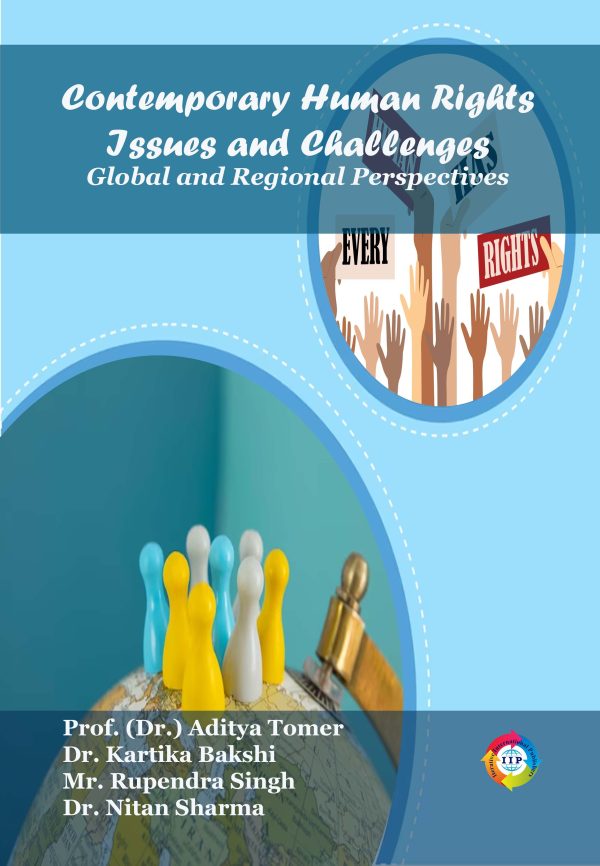
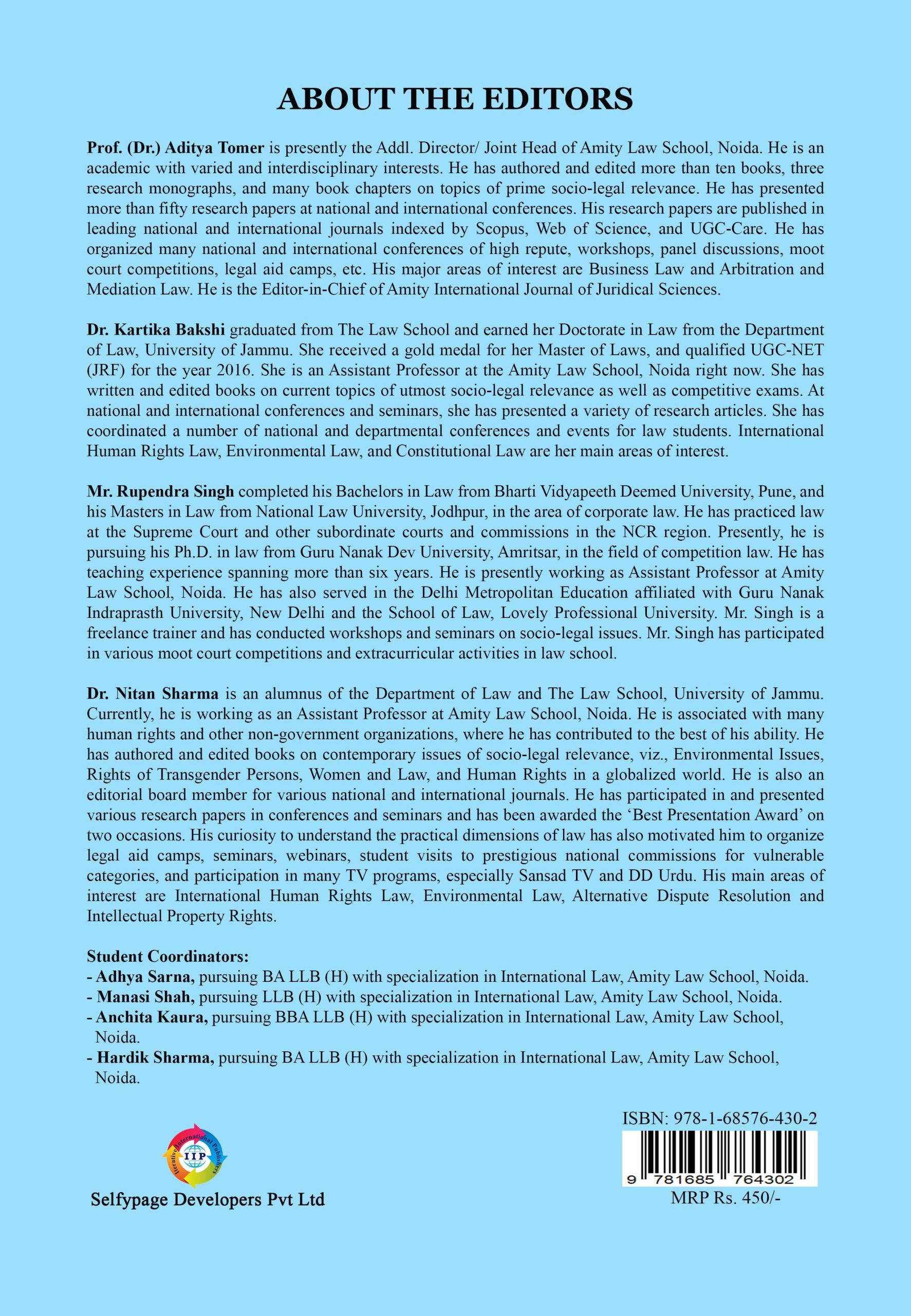
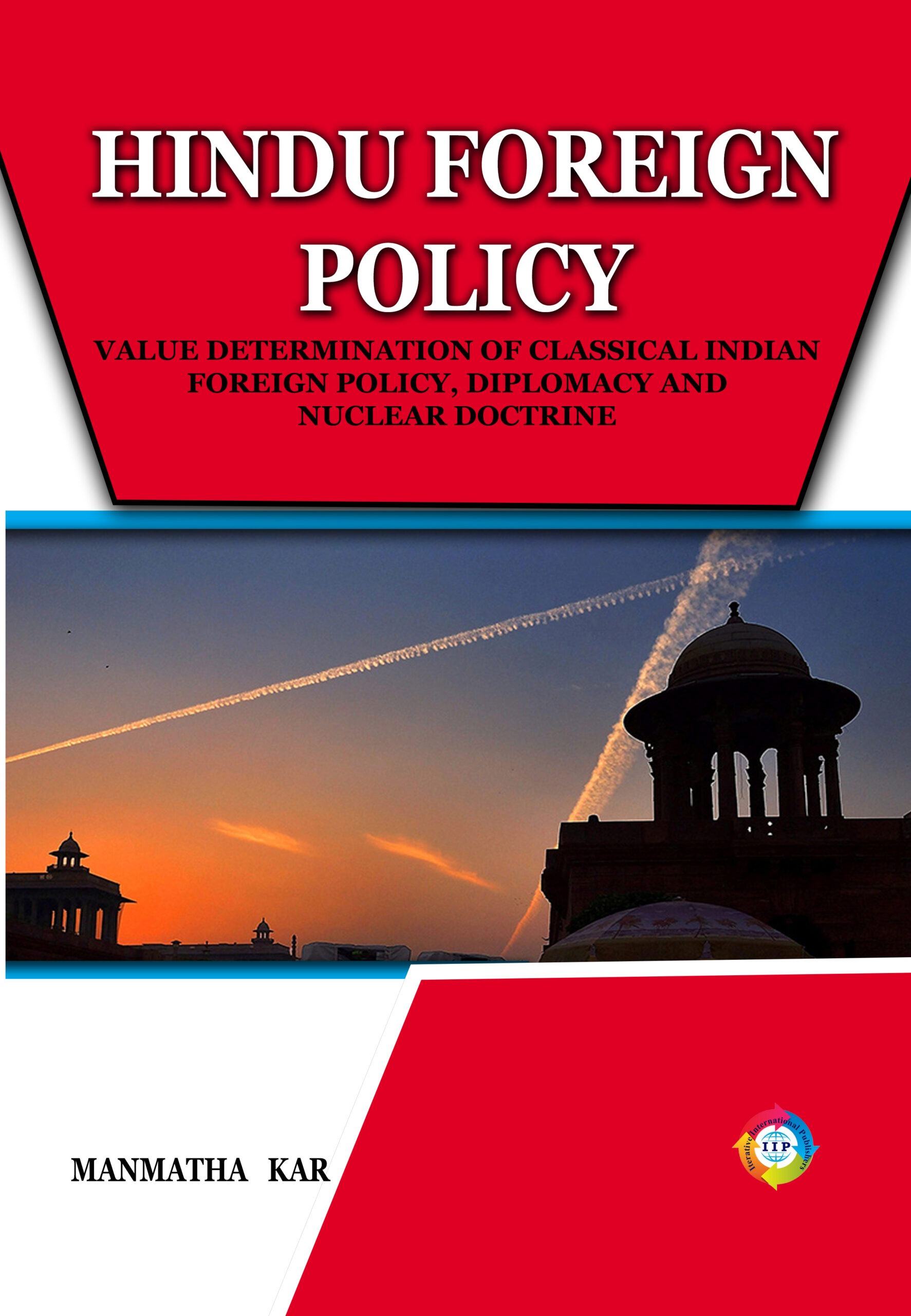
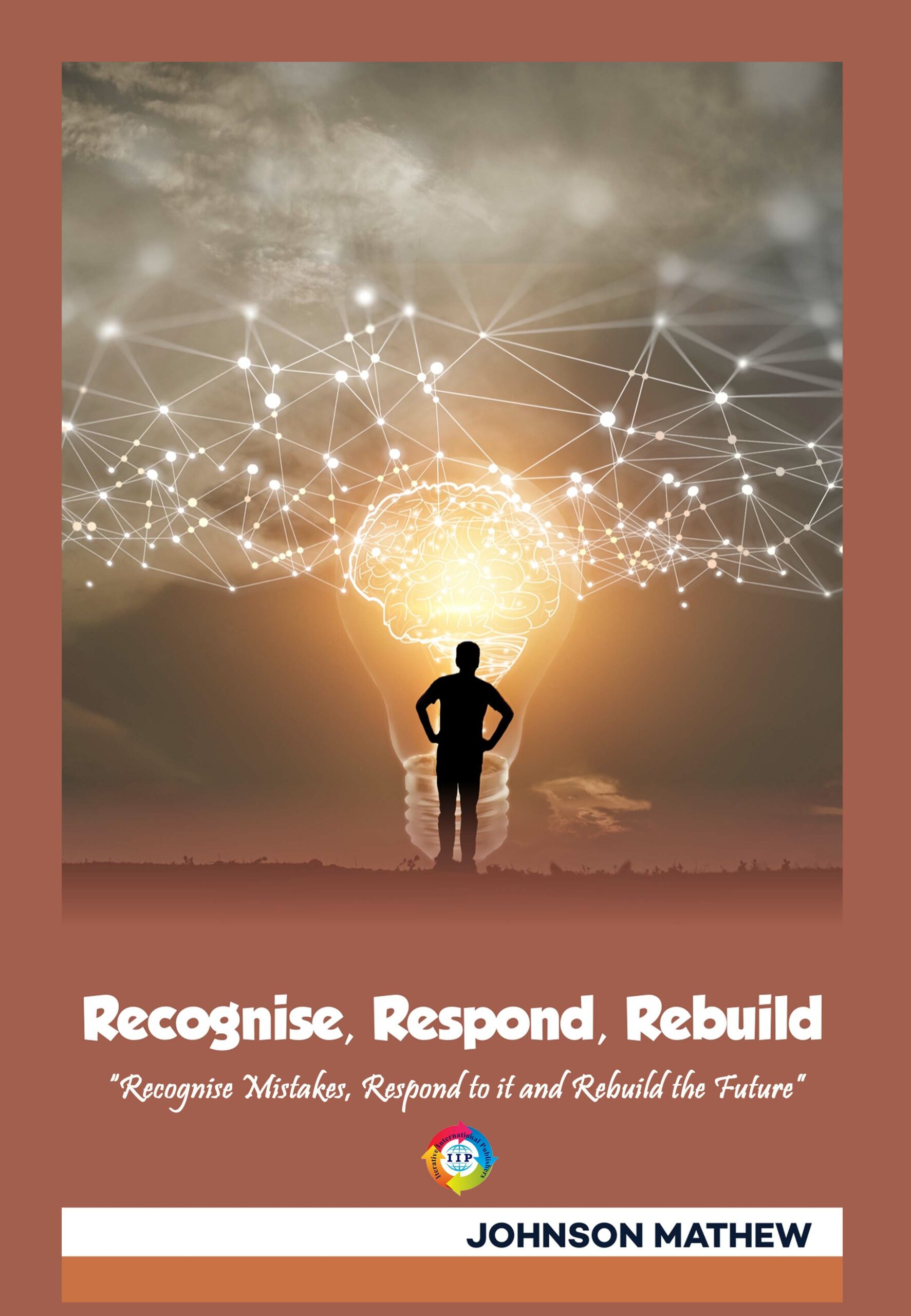
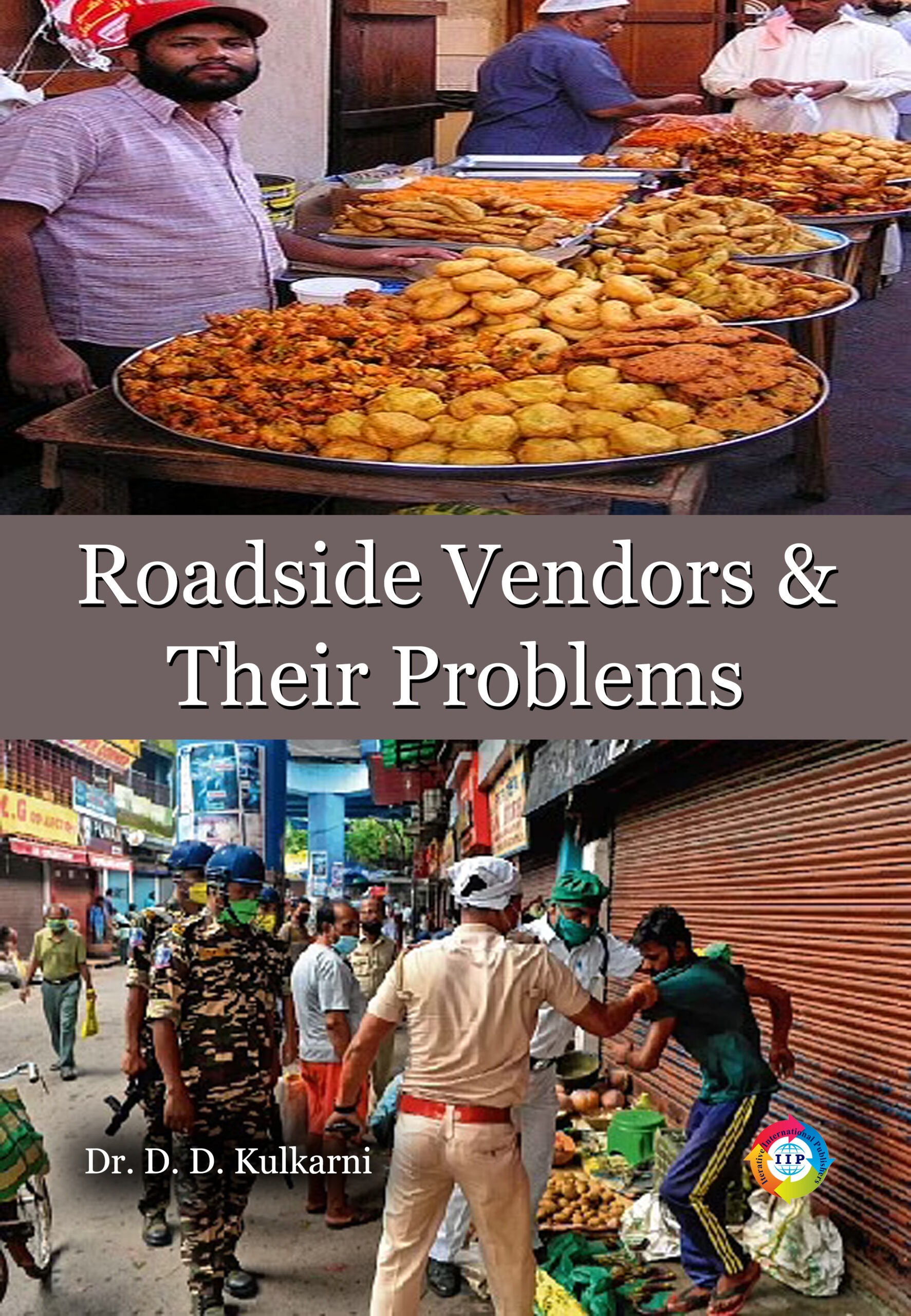



Reviews
There are no reviews yet.